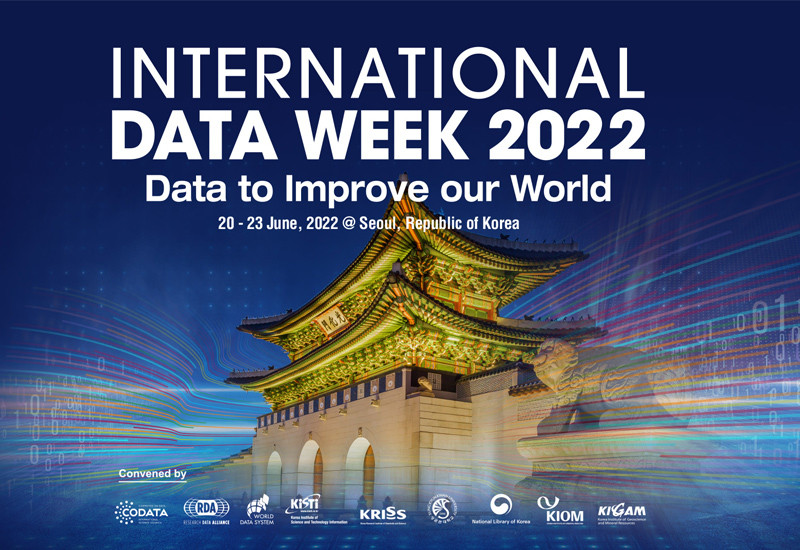News
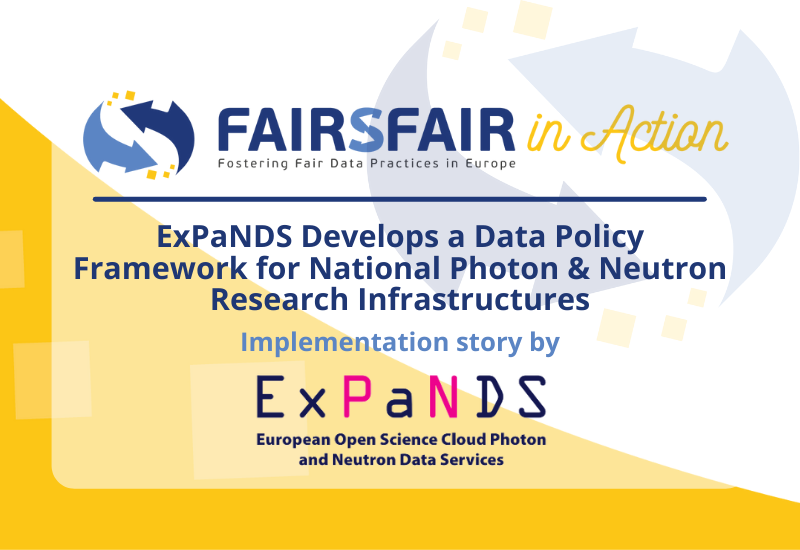
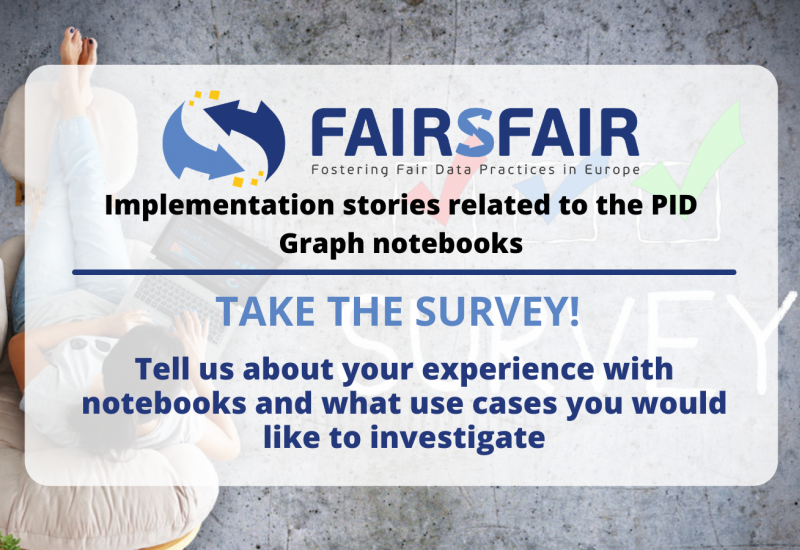
Implementation stories related to the PID Graph notebooks: take the survey!
FAIRsFAIR is interested to learn about implementation stories related to the PID Graph and has set-up a simple survey to gather feedback from the community on how the notebooks have been used and what kinds of use cases folks would like to investigate. Deadline is July 22nd.
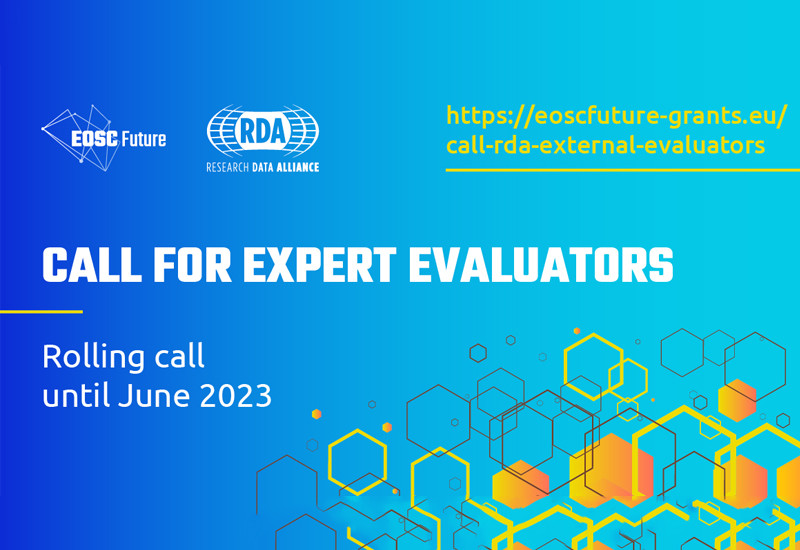
EOSC Future Call for Evaluators
After its official kick-off last week, EOSC Future is going into high gear with the launch of a call for external evaluators. This call is seeking experts to evaluate a series of diverse grants to be awarded by the Research Data Alliance (RDA) over the course of the EOSC Future project. Though the call will remain open for submissions until June 2023, experts will be called on to evaluate grant applications as soon as October 2021.
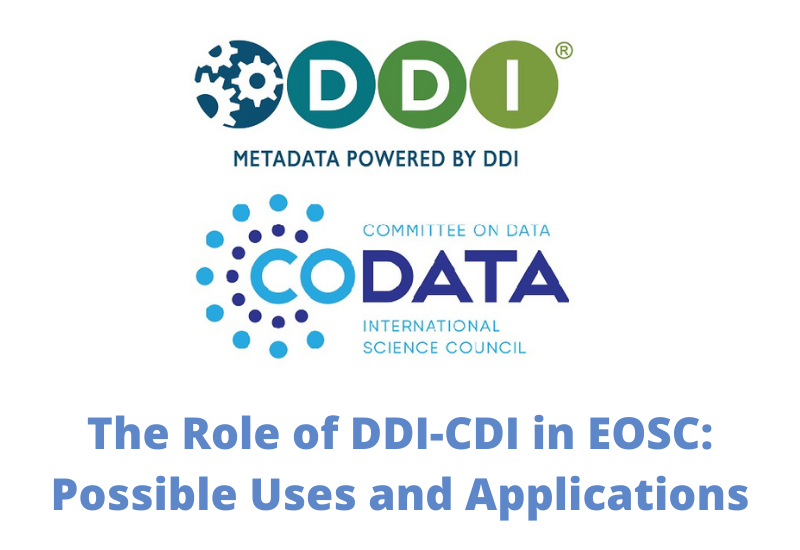
The Role of DDI-CDI in EOSC: Possible Uses and Applications
CODATA recently completed a European Open Science Cloud co-creation project which explored the potential uses and applications of the draft Data Documentation Initiative Cross-Domain Integration (DDI-CDI) specification for EOSC.
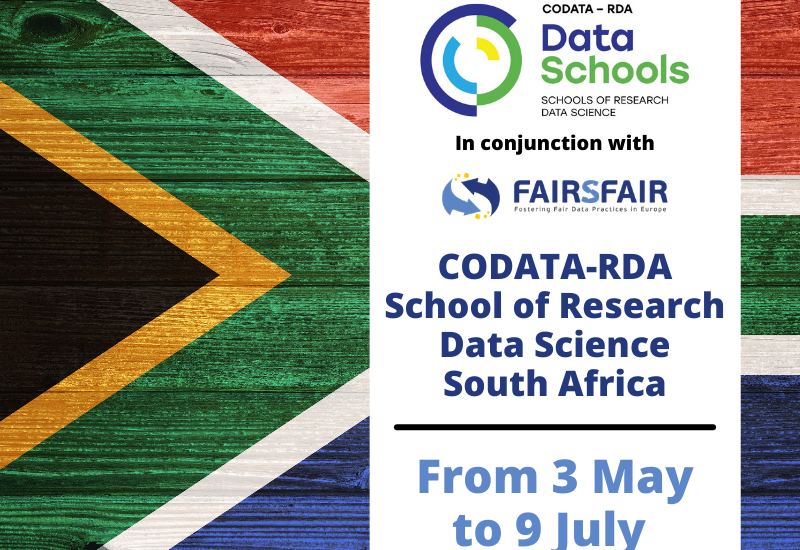
Building data skills: CODATA-RDA School of Research Data Science–South Africa is now underway online
The CODATA-RDA School of Research Data Science–South Africa is now underway! The School runs from 3 May to 9 July 2021 online, and is delivered by members of the CODATA-RDA Schools of Research Data Science team working closely with a team of local organisers in South Africa.
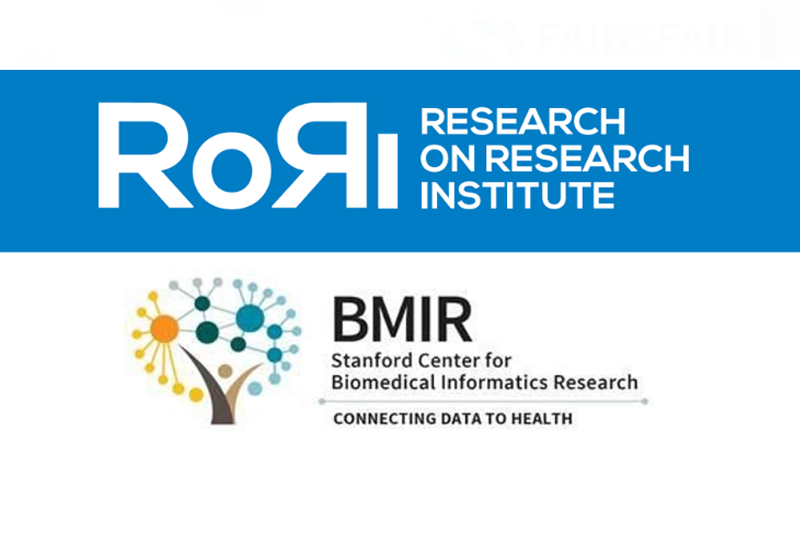
RoRI selects the Stanford Center for Biomedical Informatics Research to lead FAIRware initiative to promote open research outputs.
RoRI has appointed the Stanford Center for Biomedical Informatics Research to help deliver the RoRI FAIRware project, an initiative to develop new open research tools. The project will benefit from input from expert groups within the FAIR research ecosystem including the GO FAIR Foundation, the European Commission’s FAIRsFAIR project, and the FAIRsharing.org team based at Oxford University, as well as RoRI’s extensive network of research funders and their grantees.
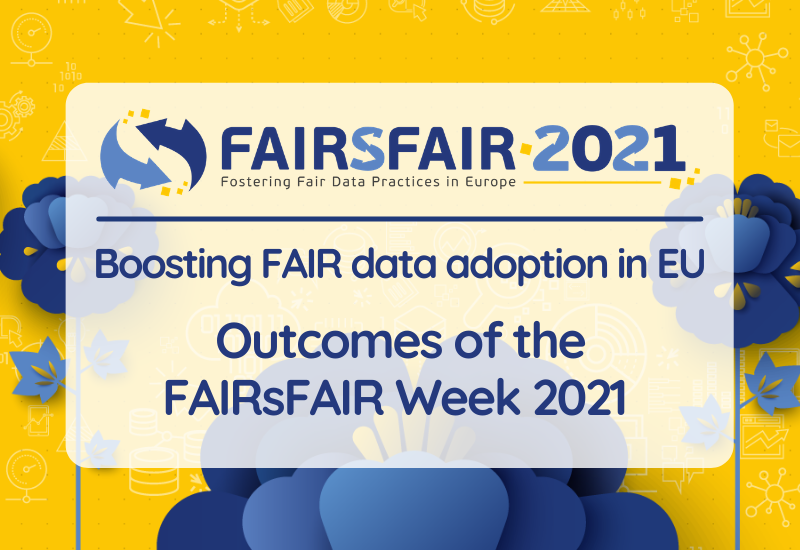
Boosting FAIR data adoption in EU - Outcomes of the FAIRsFAIR Week 2021
From 7 to 15 April FAIRsFAIR project insiders and external stakeholders alike had the opportunity to immerse themselves fully in all things FAIR thanks to a series of workshops and meetings that gathered together more than 400 participants (60% from Universities and Research Performing Organisations) from more than 50 countries.
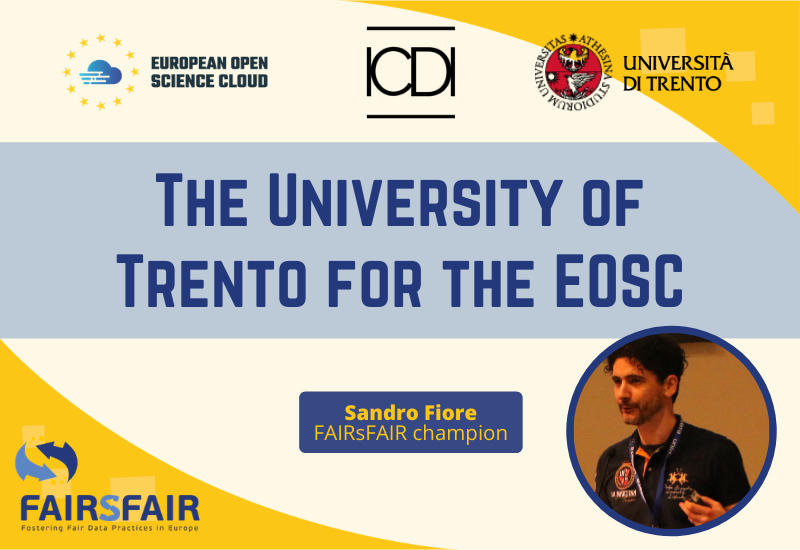
The University of Trento for the EOSC
The University of Trento is among the first universities to adhere to the memorandum of understanding of the Italian Computing and Data Infrastructure (ICDI) together with the Bicocca of Milan and the Sissa of Trieste to contribute to the development of the European data strategy.
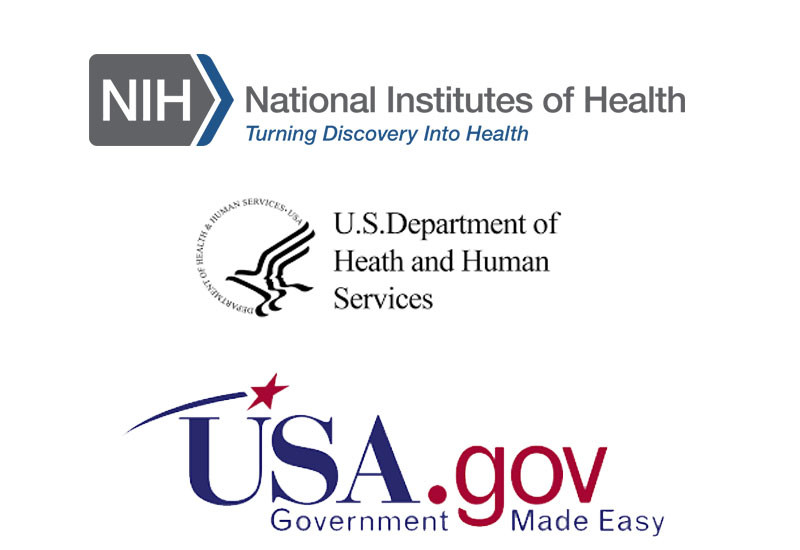
Notice of Special Interest: Support for existing data repositories to align with FAIR and TRUST principles and evaluate usage, utility, and impact
The goal of this Notice of Special Interest (NOSI) is to strengthen NIH-funded biomedical data repositories to better enable data discoverability, interoperability, and reuse by aligning with the FAIR and TRUST principles and using metrics to measure their effectiveness. This NOSI provides an opportunity for existing repositories to increase ”FAIR”-ness and “TRUST”-worthiness to improve their usage, utility, and impact throughout the data resource lifecycle.
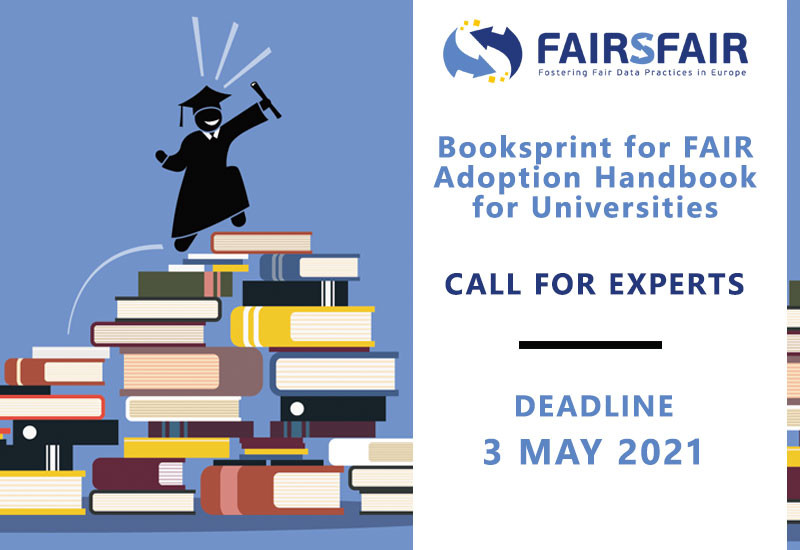
Call for FAIR experts: Apply and join the Booksprint for FAIR - Adoption Handbook for Universities
Are you an expert in the FAIR data principles and teach what they mean in practice to students and researchers? Are you developing curricula or do you link FAIR to generic or discipline-specific aspects of data science and RDM? Then we need you! This is an exciting opportunity, and we need your help to make this a reality - join our interactive sessions and together we can make this happen!

